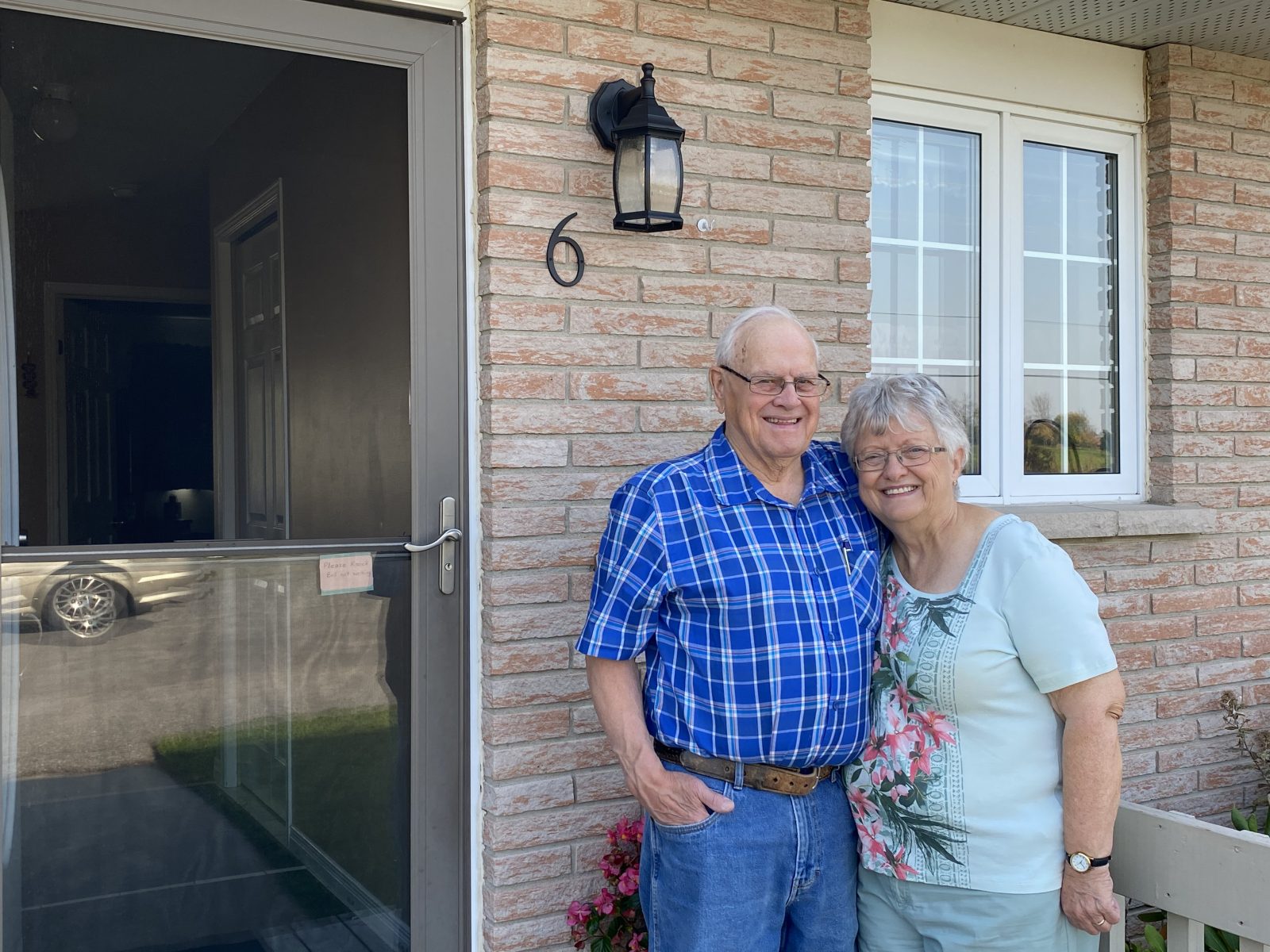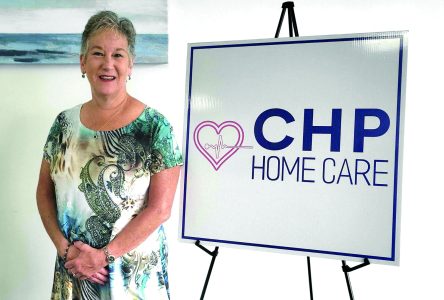See the full ad on page 16 of the September 30, 2020 edition of Cornwall Seaway News!
If there’s one thing we have learned in healthcare it’s that you have to treat the whole person. Each issue is connected to something else – one’s mind, family, community all play a part in keeping them healthy. Carefor’s mission is to work with all these in keeping their clients well and connected.
That mission is facing its greatest challenge in the COVID-19 pandemic, but Carefor has quickly adapted to meet that challenge and an ever-increasing demand on their services.
Jason Samson, Director of Operations for Carefor in the Eastern Counties, explained that they have seen an increase in mental health issues since the start of the pandemic, but that their staff have worked to maintain connections with clients.
“We know our clients well enough to know if they are not acting themselves,” Samson said.
Carefor has seen a rise in depression, and anxiety as a result of isolation over the past few months, and Samson said that these issues are particularly prevalent in rural areas.
Red flags that show signs of mental deterioration that Carefor staff look for in their visits include irregular sleep, poor diet, irritability, sad days, and difficulty making decisions.
Samson explained that Carefor staff have been conducting home visits, check-ups over the phone, and socially distanced porch visits.
Carefor, formerly the Victorian Order of Nurses, has been operating in Cornwall and United Counties for over 100 years, and 15 years as Carefor Health & Community Services. In that time, the organization has made deep connections in the communities they serve which help them manage these mental health issues.
“We are the only multi-service provider in these communities,” says Samson. “If people feel something is off, they tend to call our centres first. Our preexisting relationships help us stay on top of our clients’ mental health.”
Mental health, and physical health are both areas that are supported by Carefor. Carefor’s meal delivery service has seen a steep increase in demand during the pandemic, as has their transportation program.
Carefor’s transportation program offers local residents a bridge to healthcare and community. It is an example of how something as simple as a ride to a medical appointment can have a tremendous physical and emotional impact.
Carefor Drivers offer seniors a link to their communities and support roughly 500 customers in Eastern Ontario. While this service has usually been supported by volunteers, Carefor has had to pivot and use staff to help keep their volunteers, many of whom are seniors themselves, safe during the pandemic. Carefor Drivers have been busy and are focusing primarily on medical appointments at this time, such as cancer treatment follow-ups and dialysis.
The safety and security of their clients is paramount for Carefor. Carefor is the only service in the region that has an Elder Abuse program. The program’s coordinator has connections in all five counties and is experienced in dealing with emotional, physical, and financial abuse against seniors.
If anyone suspects an elder is experiencing abuse, they are encouraged to contact Carefor who will have their Elder Abuse Coordinator follow-up with the complaint. If the coordinator determines that intervention is necessary, Carefor has access to 10 crisis beds across the five counties of Eastern Ontario.
The goal of many of these programs is to address issues early with the goal of hospital avoidance, Samson explains. “This whole pandemic has made us really think outside the box to ensure our resources are used to the maximum.”
Carefor is more than a medical support service. It also provides important social connection for seniors which they gain through contact with Carefor staff and with each other.One example of this is Karen McRobert, who began participating in Carefor’s dine-in service for seniors after a friend convinced her to go with him.
Karen has several food sensitivities, which Carefor has always been careful to acknowledge and work around.
“They have been so accommodating to me and so good to me, they feel like family,” Karen said.
Karen and her friend found themselves taking part in Carefor’s more social services, like dancing and dining more and more often, and in September, they got married.
“We went to Carefor’s drive-thru dining recently and when they announced we had gotten married, everyone started honking their horns in congratulations and we wound up dancing in the parking lot,” she said. “I can’t say enough good things about what Carefor does.”
Many in Cornwall know Carefor because of their operation of Carefor Hospice Cornwall, a service that supports people during the most difficult time in their lives. It is also a service that is much beloved in the Cornwall community.
Hospice, their mental health programs, and their programs supporting physical health are all a part of Carefor’s holistic approach to care.
“As a part of our mission we aim to keep our clients safe and at home for as long as possible,” Samson concluded.


